Psst...take our
down at the bottom of the page!
Who We Are


We want to collaborate with students, teens, and young content creators in the Bay Area to uplift your voices, concerns, actions, and stories about climate change, the environment, and your futures.

What We're Up To
▼▼▼

What You Can Do

The only way to make sure that My Planet, My Voice is a place you want to come to is to hear what you want to watch, learn, and contribute.


▼▼▼

A youth video contest
(CLICK HERE TO JUMP TO SUBMISSION FORM)
Do you like to make things instead of buy them? Are you good at repairing used or broken items? Have you found creative solutions to conserving resources? Do you enjoy transforming found objects into art?

SHOW US WHAT YOU DO, WHY YOU’RE PASSIONATE ABOUT IT, AND HOW IT’S GOOD FOR THE PLANET!
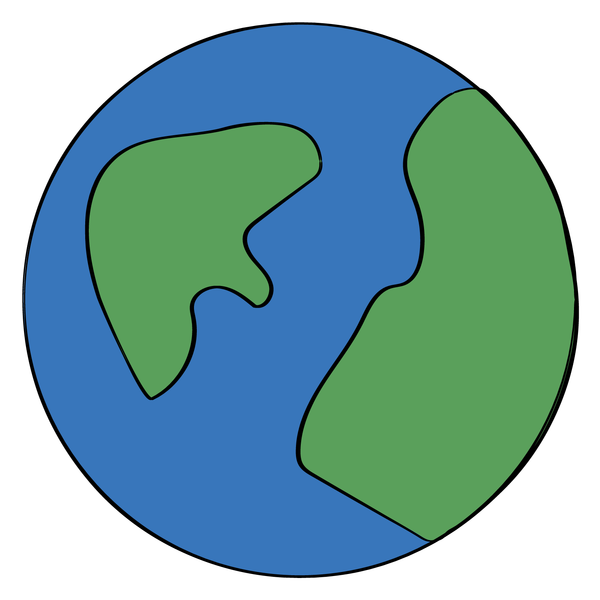
So often, people living in the United States are referred to as “consumers,” because a big part of American culture is about shopping, buying, and purchasing.
But humans are so much more than just “consumers!”
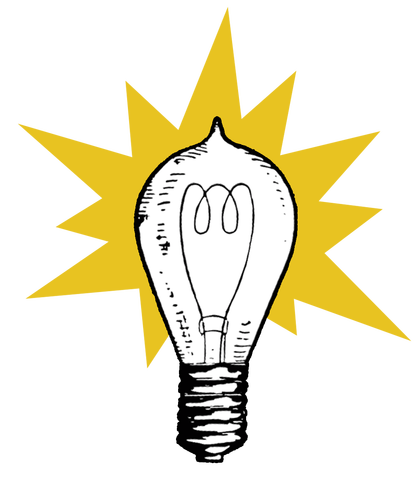
Reusing, repurposing, repairing, and transforming can be a joyful, inspiring, and creative act!
(Plus, consuming less and using what you already have is a small but powerful way to positively impact our planet.)
Whatever it is that makes YOU “More Than A Consumer,” we want to know about it!

Create a 1 – 5 minute video showing how you or someone you know is “More Than A Consumer.”
It could be a mini documentary about a junk sculptor, an instructional video showing off your sewing skills, a music video about conserving water, or a stop-motion video using repurposed objects!
THE CREATIVE POSSIBILITIES ARE ENDLESS...
The main thing to remember is that it needs to demonstrate or be about something that makes a positive impact on our planet!
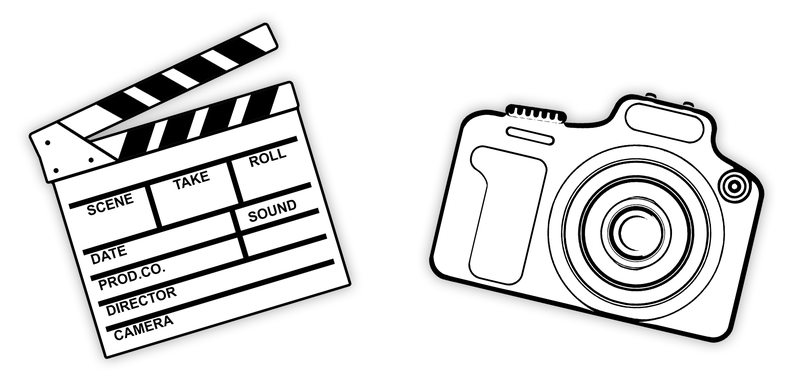
You can enter your video into one of three age group categories:
Middle School (Ages 12-14)
High School (Ages 15-18)
Young Adult/College (Ages 19-25)
We will select three winners in each category, and their videos will be featured on the MY PLANET, MY VOICE YOUTUBE PAGE!
But, wait, there’s more!
All of the winners in each category will also receive a bundle of five seed packets!
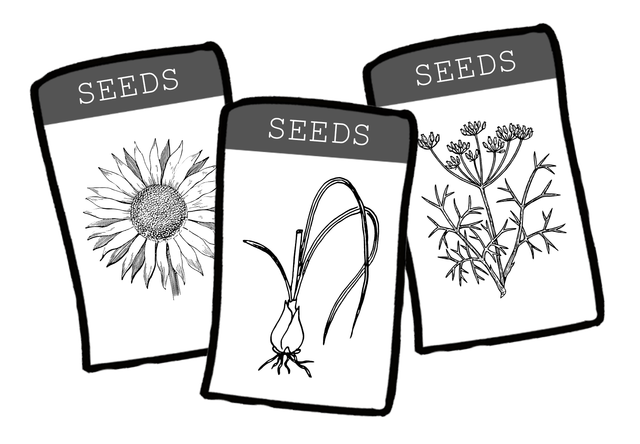
To submit your video, please copy and paste a PRIVATE or UNLISTED YouTube or Vimeo link in the submission form below.
You can submit a video individually, or with a team! If you have team members in different age groups, you will need to decide in which category you want to submit. Each entrant or team can only submit in one category.
You can use your phone to film your video, but remember, this is for YouTube, so please shoot horizontally, NOT vertically (as tempting as it might be.)
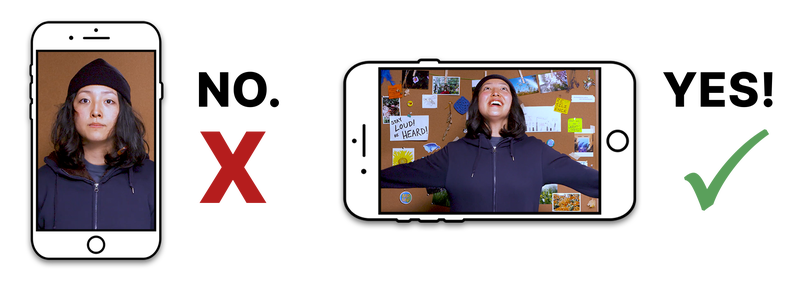
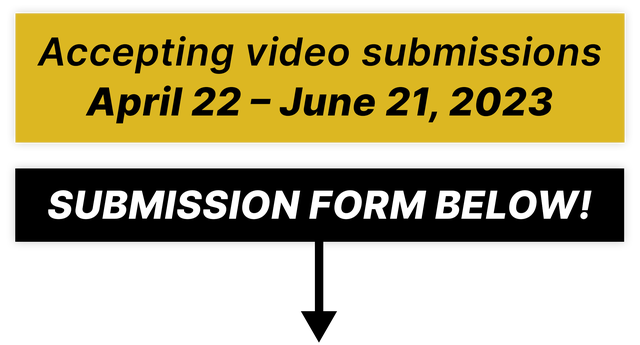
Questions? Email:
Subscribe to My Planet, My Voice on YouTube and follow us on Instagram!
Psst...take our
down at the bottom of the page!
Who We Are


We want to collaborate with students, teens, and young content creators in the Bay Area to uplift your voices, concerns, actions, and stories about climate change, the environment, and your futures.

What We're Up To
What You Can Do

The only way to make sure that My Planet, My Voice is a place you want to come to is to hear what you want to watch, learn, and contribute.


▼▼▼
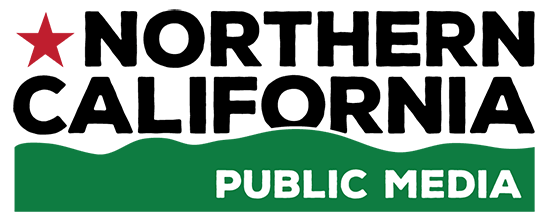
 Live Radio
Live Radio

